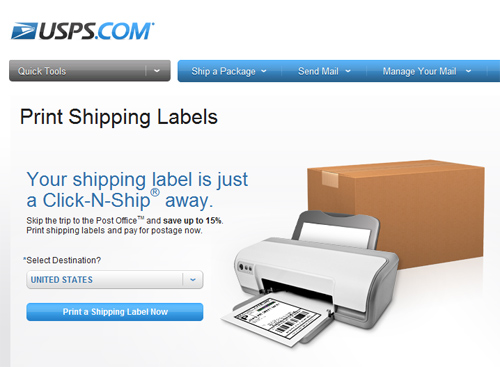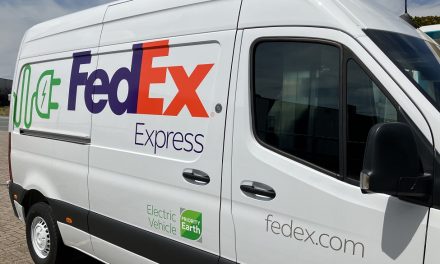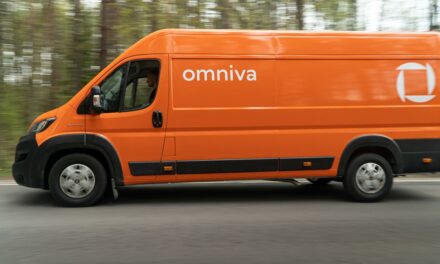
World’s Internet economy to reach $4.2 trillion value by 2016
Italy and the UK look set to have the fastest growing Internet economy among the world’s developed nations over the next few years according to new research. But, the predictions from The Boston Consulting Group suggest growth in the Internet economy in developing nations will completely outclass that seen in the world’s top 20 economies.
The report suggested the Internet economy will grow more than 10% a year through 2016 in the G20 nations, but in the top developing markets growth could more than double that, averaging around 18% a year.
While Britain and Italy were named as the most promising Internet markets in the developed world, the report pointed to Argentina and India as the fastest-growing developing world nations, forecasting 24% and 23% annual growth respectively.
The Internet economy around the world will contribute $4.2 trillion to the G20’s economies in 2016, the report predicted, and should create 32m jobs over the next few years.
If the Internet were an economy in its own right, it would be in the world’s top five, with only the US, China, India and Japan having larger economies, according to David Dean, coauthor of the report and a senior partner at BCG.
Some of the world’s top nations for Internet business – the UK and Korea – now see online activity accounting for more than 7% of GDP. In the UK, the figure could reach 12.4% by 2016, the report said.
In China the figure is currently above 5.5% (2010), while in the US, the figure is above 4.7% – about the same contribution to GDP as the federal government.
The Boston Consulting Group report suggested Europe was actually quite far behind, despite having some of the world’s top Internet economies within it. For the EU as a whole, the Internet accounts for just 3.8% of GDP, not far above the 3.6% currently seen in the world’s emerging markets.
However, with the EU Commission currently investigating cross-border e-commerce, the report predicts that the EU will see its Internet economy leapfrogging into the world’s top five, along with India, by 2016.
As well as the EU and India, the report also identifies Mexico and Korea as significant Internet economies, but said Germany and France are tending to “lag”.
Dean said: “The Internet economy offers one of the world’s few unfettered growth stories. Policymakers often cite GDP growth rates of around 10% per year in the developing markets, but they look past similar, or even higher, rates close to home.”
Shipping opportunities
For the world’s mail and express companies, the continuing opportunities the Internet presents in terms of online commerce shipping are countering some of the losses being caused by the shift away from physical letters to electronic email.
Estonian Post international relations manager Küliki Uusman said yesterday that mail order parcel volumes sent via his company had grown 25% in 2011 compared to the year before.
He said international e-commerce was growing rapidly as postal networks in Europe become more reliable and work more closely with each other, and as distance sellers are increasingly able to offer free returns services.
“Estonian Post has made efforts to improve the processes of sending parcels for corporate customers, offering a convenient and secure web platform, e-EPLIS, that enables preparation of shipments easily in advance,” he said.
“The volume increase from the EU is also caused by simpler postal customs procedures than for freight,” added Uusman, pointing as an example to Russia’s duty exemptions for postal items up to a certain value.
Mark Lewis, chief executive of CollectPlus, the parcel collection network based in the UK, one of the world’s top Internet economies, said the BCG study underlined the opportunities ahead.
But, he said the opportunities had to be matched by improvements in convenience for Internet consumers.
“As e-commerce matures, customers are increasingly being won and lost on the delivery and returns service experience,” he said.
“Growing businesses should consider offering a range of delivery options, such as Click & Collect services, to ensure that they reap the benefits of the fast rate of expansion in online retail and provide customers with the most convenient service tailored to their needs.”
USPS

USPS launched a new easier-to-use online postage facility, Click ‘N’ Ship, at its usps.com website today
In the United States, the US Postal Service revealed details today of its efforts to build considerably on its growing success in the package business largely thanks to e-commerce, with new options for small businesses and e-commerce merchants.
USPS has launched as of today a streamlined version of its “Click ‘N’ Ship” online postage website, first launched in 2002 and now boasting 1m registered users. A host of new features on the website now include easier functionality, better tracking capabilities and a PDF label-maker that will allow small businesses to offer free returns services.
Perhaps more interesting for the e-commerce sector, USPS is also to soft-launch a new business-level version of the Click ‘N’ Ship website next month, with a full launch set for the autumn.
“E-commerce is taking off like a rocket, and as e-commerce grows, so should the shipping industry,” said USPS chief marketing officer Paul Vogel today as he launched the new streamlined Click ‘N’ Ship website.
Vogel said e-commerce had even continued to grow through the recession in the US, and that USPS had found success by offering “the right tools at the right place” for e-commerce retailers, such as flat-rate parcel services, regional rates and other innovations like easier returns services.
USPS has seen income from flat-rate parcels double from the $1bn seen in 2008.
“If we are going to be in the e-commerce business, we have to have a great returns service,” he said. “With a good first and last mile proposition, the Postal Service is put in the best position.”












